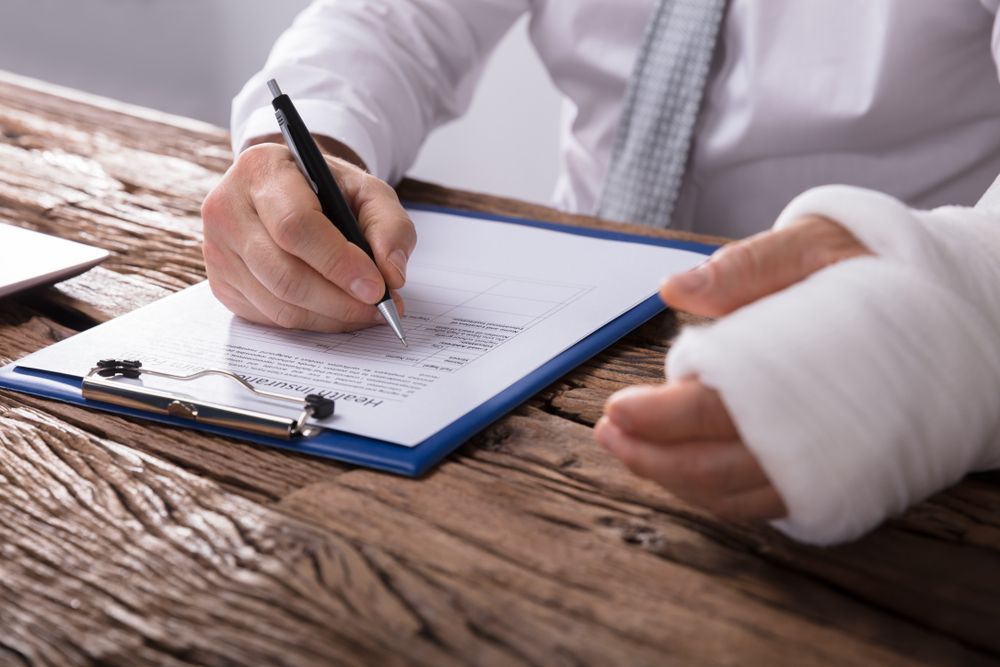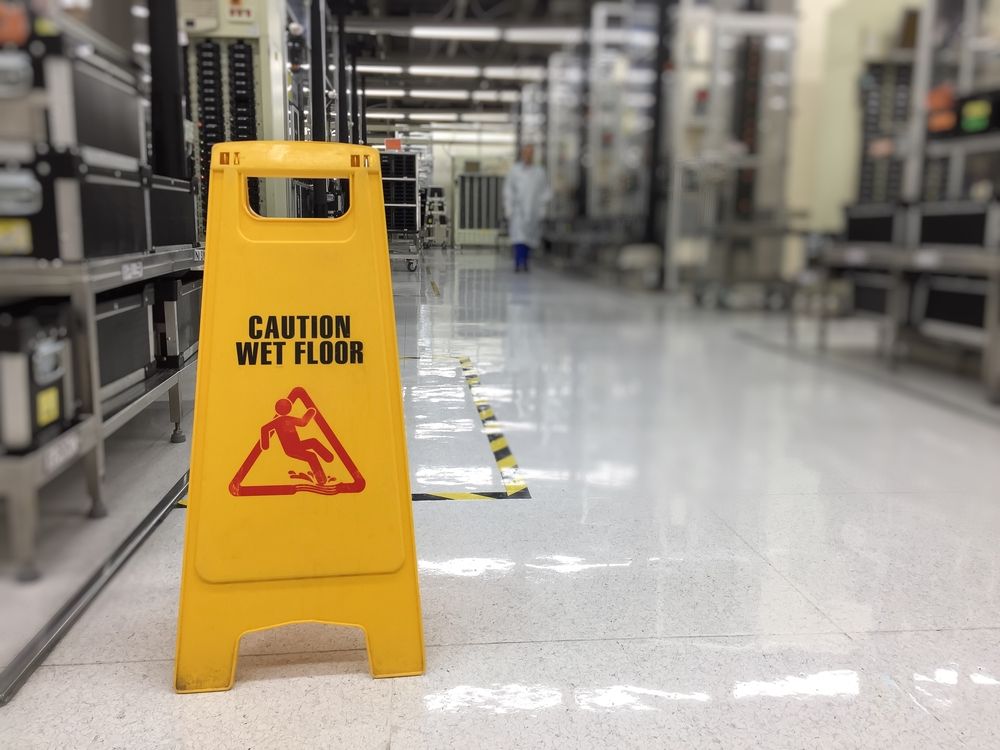
Canberra Public Liability Claims
Public liability claims in Canberra may apply if you’ve been injured due to a slip, trip or fall in a public or privately owned space. ACT Law Associates assists individuals in understanding whether their circumstances meet the criteria for a public liability or occupier liability claim. These claims may arise from incidents in places such as walkways, shopping centres, restaurants, supermarkets, public carparks or other premises. If the owner or occupier of the property failed in their duty of care, a claim may be possible under civil liability legislation.
Our team works to support claimants through the process, from initial assessment through to preparation and lodgement of a claim. Compensation may cover medical expenses, domestic care and assistance, pain and suffering or loss of income.
At ACT Law Associates, we operate on a no win no fee basis for eligible matters and offer a free consultation call to discuss your options. Submit a Free Online Claim Check, send us a message or call (02) 5119 9791 to take the next step.
Eco Friendly
Double the Care, Personalised Attention
Your Peace, Our Priority
24/7 Support, Always Here for You
Protecting Your Rights in Canberra
Your Peace, Our Priority
24/7 Support, Always Here for You
Double the Care, Personalised Attention
Types of Compensation
Medical Expenses
Financial loss incurred due to past or future medical treatment relating to the injury, including:
- Hospital bills
- Surgery
- Medication
- Rehabilitation
Pain & Suffering
Experiencing physical pain, emotional distress or loss of enjoyment of life as
a result of the injury.
Pain and suffering compensation is financial relief awarded to individuals for physical or emotional distress resulting from an injury or wrongful act. It addresses intangible effects, such as chronic pain and emotional anguish, aiming to provide justice and relief for the hardships endured.
Domestic Care & Assistance
Expenses incurred due to requiring care and assistance to take care of daily
self-care tasks or household chores, such as cleaning, gardening or shopping.
Domestic care and assistance compensation provides financial support for individuals needing help with daily activities due to an injury or illness. It covers caregiving services and home modifications, aiming to ease the burden on those affected and ensure they receive essential care.
Loss of Income
- Lost wages & reduced/diminished future earning capacity due to an inability to work as a result of the injury
Public Liability Claims Process
Determining the negligence and the proper respondent can be challenging. Depending on the injury, Public Liability Claims are processed differently.
Duty of Care in Public Liability
In public liability law, duty of care refers to the legal obligation of property owners or occupiers to take reasonable steps to prevent harm to visitors, customers or the public. If this duty is breached and someone suffers an injury as a result, the injured party may be entitled to make a compensation claim.
To determine whether a duty of care was breached, several factors are considered:
- Was there a foreseeable risk of injury?
- Were reasonable precautions taken to prevent harm?
- Was the injured person lawfully present on the property?
Examples of negligence may include:
- Wet floors without warning signs
- Poor lighting in stairwells or walkways
- Unmaintained footpaths or flooring
- Spills or hazards left unattended in commercial premises
What You Need for a Claim
To support a public liability claim, you may need to provide:
- A clear account of the incident, including time & location
- Evidence of the hazardous condition (photos, CCTV, witness statements)
- Medical documentation outlining your injuries & treatment
- Proof of financial losses (medical expenses, lost income, care needs)
Claims are typically assessed by insurers acting on behalf of the property owner or occupier. Depending on the circumstances, it may be necessary to engage in negotiations or court proceedings if liability or compensation is disputed.
Time limits apply under the relevant civil liability legislation in the ACT, and delays in seeking legal advice may affect your claim.
Frequently Asked Questions
What is a public liability claim?
A public liability claim is a legal process where a person seeks compensation after being injured due to another party’s failure to take reasonable care. These claims often relate to accidents in public or private spaces—such as shopping centres, footpaths, carparks or hospitality venues—where unsafe conditions may have contributed to the injury.
What injuries are covered by public liability?
Injuries commonly covered include fractures, sprains, head injuries and soft tissue damage caused by slips, trips or falls. Injuries must typically be the result of a hazard—such as wet floors, uneven surfaces or inadequate maintenance—that was not addressed in a timely or reasonable way.
What can I claim for in a public liability case?
Depending on your circumstances, compensation may cover:
- Medical expenses (past and future)
- Loss of income or earning capacity
- Pain and suffering
- Domestic care and assistance
Rehabilitation costs the amount and type of compensation depend on the severity of the injury and the impact on your daily life.
What types of places are covered by public liability laws?
Public liability laws cover a wide range of spaces, including privately owned businesses (e.g. shops, cafés, gyms), public infrastructure (e.g. footpaths, parks, carparks) and residential properties. If the incident occurred in a place where someone had control and owed a duty of care, the law may apply.
Can I claim if I was partly at fault for the incident?
Yes, you may still be able to claim compensation even if you were partly responsible. This is known as contributory negligence, and your compensation may be reduced according to your share of responsibility for the injury.
How long do I have to make a public liability claim?
In the ACT, public liability claims are generally subject to a three-year limitation period from the date of injury. However, some exceptions may apply depending on the facts of the case. Seeking legal guidance early can help avoid missing key deadlines.
Are children eligible to make public liability claims?
Yes. Children injured in public or private places can be eligible for public liability compensation. A parent or guardian can usually bring the claim on their behalf. Different limitation periods may apply for minors, allowing more time to make a claim.
Is public liability the same as workers' compensation?
No. Workers' compensation applies to injuries sustained in the course of employment, while public liability relates to injuries in public or private spaces due to the negligence of someone who is not your employer. Both systems have different legal requirements and processes.
Can I make a claim if the injury developed over time?
Public liability claims generally relate to incidents causing immediate injury. However, if your injury gradually developed due to unsafe conditions (e.g. repeated exposure to a hazard), you may still have grounds for a claim. A medical assessment and legal advice can help determine eligibility.
What if there were no witnesses to my accident?
A lack of witnesses does not automatically prevent you from lodging a claim. Supporting evidence such as photographs, incident reports, medical records and your own statement can still form the basis of a valid claim. It’s advisable to document everything as early as possible.









